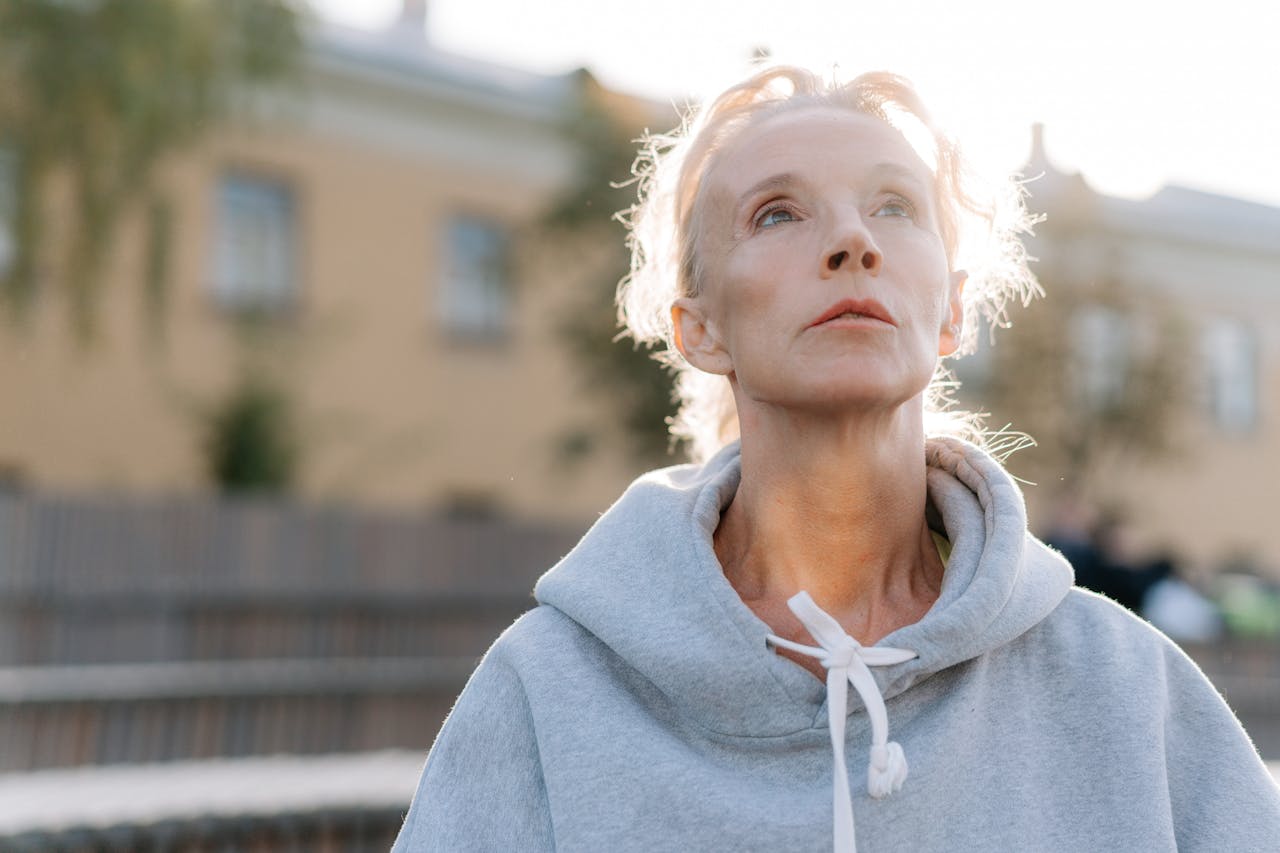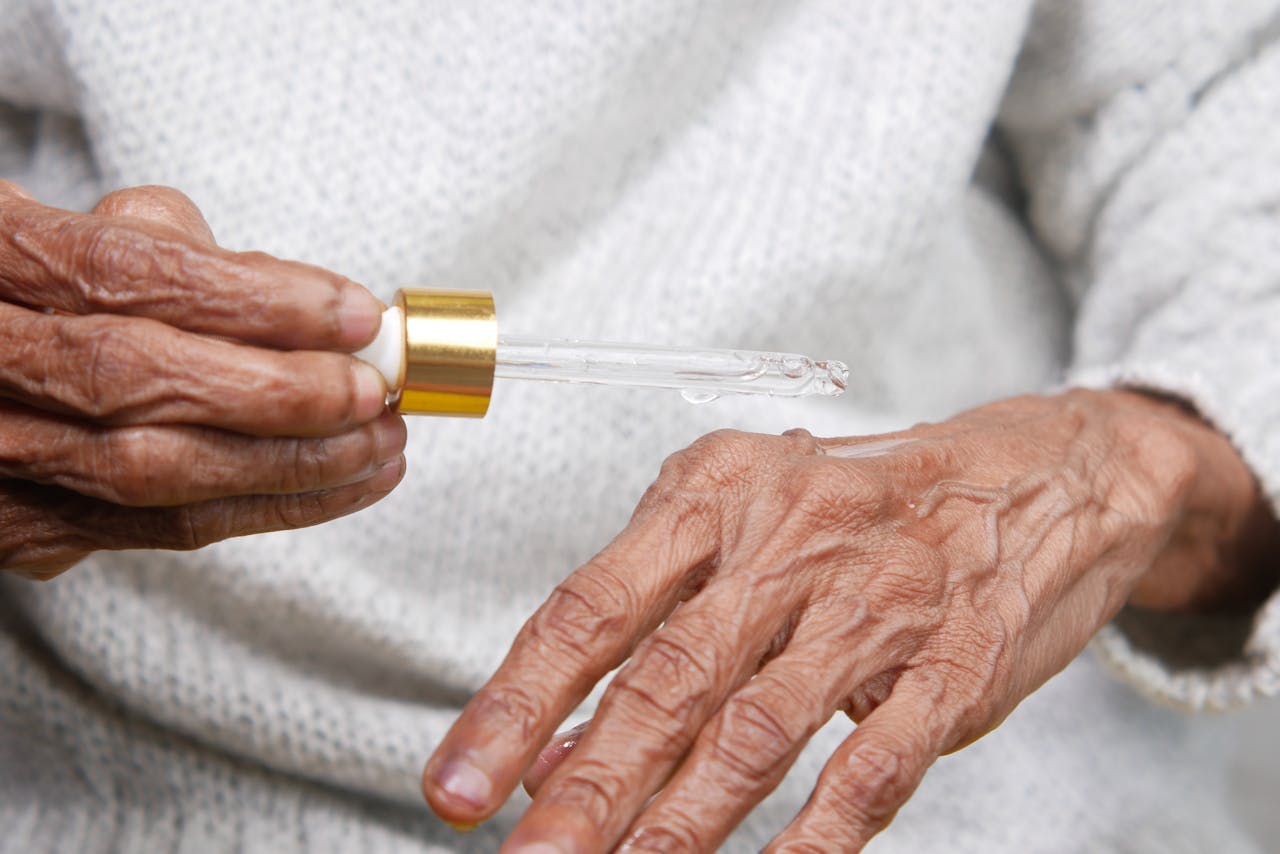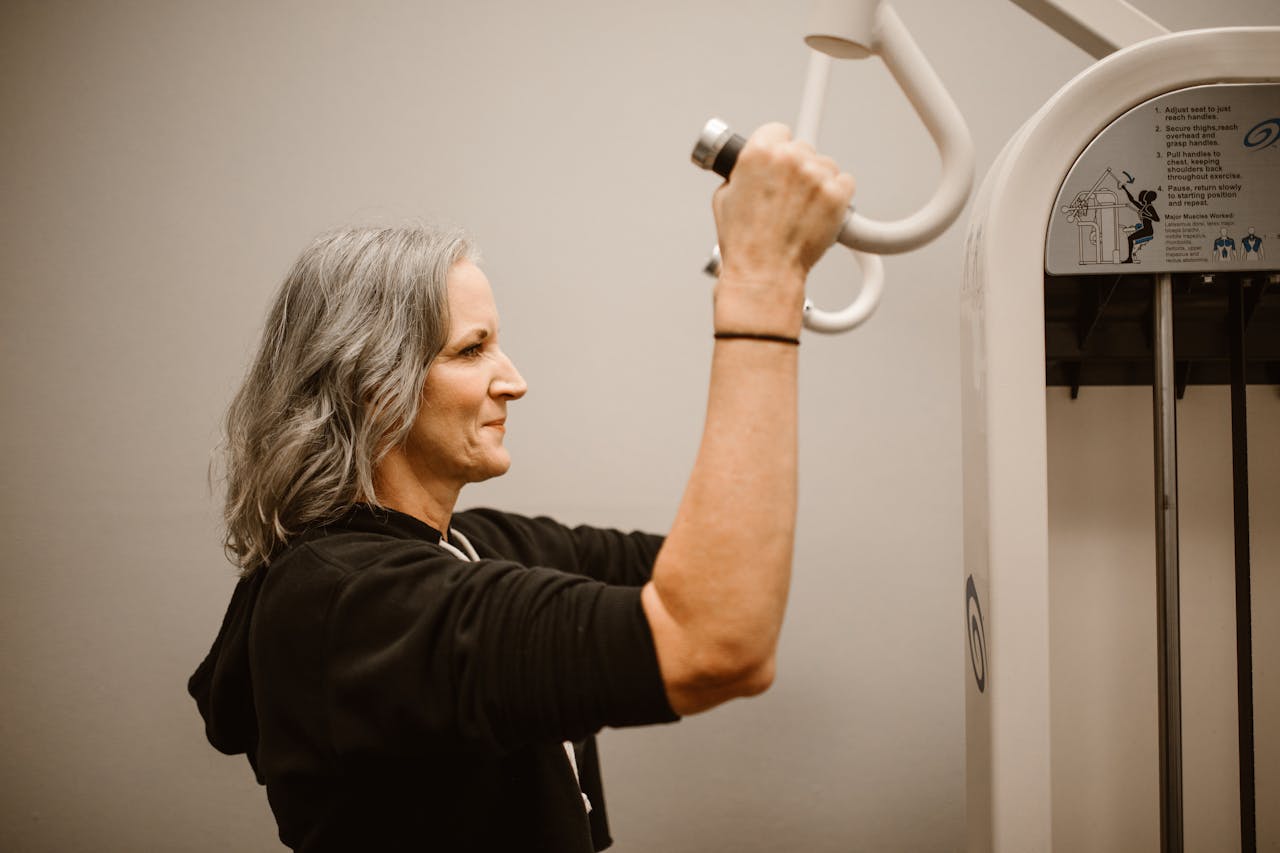7 Signs You’re Starting to Feel the Effects of Aging

Aging is something that everyone experiences, but it’s often a gradual process that sneaks up on you. At first, it may be difficult to notice, but as the years go by, certain changes in your body and mind can signal that you’re starting to feel the effects of aging. While it’s completely normal, it can still be a little unsettling when you realize that your body isn’t quite the same as it once was. The good news is that these signs are often manageable, and by recognizing them early, you can take steps to maintain your health and vitality. In this blog, we’ll dive into seven common signs that aging is starting to show up in your life and offer tips on how to manage them.
1. Joint Pain and Stiffness

One of the most noticeable signs of aging is the gradual increase in joint pain and stiffness. If you’re starting to feel aches and discomfort in your knees, hips, or lower back, it’s likely due to the natural wear and tear on your joints. As we age, the cartilage in our joints begins to break down, which can lead to conditions like osteoarthritis. You might find that activities that were once easy, like bending down or walking for long periods, are now more challenging.
While joint pain can be frustrating, there are several ways to ease the discomfort. Staying active is key, but it’s important to choose exercises that are gentle on the joints. Low-impact activities like swimming, walking, or cycling can help keep your joints moving without causing further strain. Stretching regularly is also beneficial for improving flexibility and reducing stiffness. If your pain becomes more severe, consult a healthcare provider for advice on managing arthritis or other joint conditions. Supplements like glucosamine and omega-3 fatty acids can also help support joint health.
2. Changes in Skin Elasticity

As you age, your skin naturally loses collagen and elastin, two proteins responsible for keeping your skin firm, smooth, and elastic. This loss can lead to the appearance of fine lines, wrinkles, and sagging skin. You might start to notice more lines around your eyes, mouth, or forehead, and your skin may feel drier than it used to. These changes are completely normal, but they can be a little startling when you first notice them.
To help combat the effects of aging on your skin, it’s important to maintain a consistent skincare routine. Start by using a good moisturizer to keep your skin hydrated and prevent dryness. Sunscreen is also crucial, as sun exposure can accelerate the aging process. If you’re looking to boost collagen production, consider using skincare products with retinol, peptides, or vitamin C. These ingredients can help improve skin elasticity and reduce the appearance of fine lines. Staying hydrated and eating a balanced diet rich in antioxidants can also help keep your skin looking youthful.
3. Decreased Energy Levels

Another common sign of aging is a noticeable decrease in energy levels. You may find that you’re feeling more fatigued than usual or that it takes longer to recover from physical activity. This is partly due to the natural slowing of your metabolism as you age, which can make you feel more sluggish. You might also notice that you need more rest to feel recharged, and activities that used to be energizing now leave you feeling drained.
To combat fatigue, it’s important to prioritize sleep and ensure you’re getting enough rest each night. Aim for seven to nine hours of quality sleep to allow your body to recover and recharge. Staying active can also help boost your energy levels. Even if it’s just a short walk or a gentle yoga session, regular physical activity can improve your stamina and help you feel more energized throughout the day. Eating a balanced diet with plenty of fruits, vegetables, and lean proteins can also help support your energy levels and overall health.
4. Memory Lapses and Mental Fog

As we age, it’s normal to experience some decline in cognitive function. You may notice that you’re forgetting things more often or that your mind feels a little foggy at times. Whether it’s forgetting where you placed your keys or having trouble recalling someone’s name, these memory lapses can be frustrating. While it’s common to experience some mental fog as you get older, it’s important to stay proactive in maintaining brain health.
To keep your mind sharp, engage in activities that challenge your brain, such as puzzles, reading, or learning a new skill. Mental exercises help stimulate your brain and improve cognitive function. Staying socially active is also important, as engaging in conversations and participating in group activities can help keep your mind engaged. Additionally, managing stress and getting enough sleep are crucial for maintaining mental clarity. If you notice significant memory problems, it’s a good idea to consult a healthcare professional to rule out conditions like dementia or other cognitive disorders.
5. Changes in Sleep Patterns

Sleep patterns often change as you age. Many older adults experience difficulty falling asleep, staying asleep, or waking up too early in the morning. This can be due to a variety of factors, including hormonal changes, stress, or medical conditions like sleep apnea. Poor sleep can leave you feeling tired during the day, affecting your mood, energy levels, and overall quality of life.
To improve your sleep, try to establish a consistent bedtime routine. Going to bed and waking up at the same time every day can help regulate your sleep cycle. Avoid caffeine, alcohol, or heavy meals in the evening, as they can interfere with sleep. Creating a relaxing environment in your bedroom, such as dimming the lights and eliminating noise, can also help you fall asleep more easily. If you continue to have trouble sleeping, it’s important to speak with a healthcare provider who can help identify any underlying issues and recommend solutions.
6. Reduced Muscle Mass and Strength

As you get older, you may notice a decrease in muscle mass and strength. This is a natural part of aging, and it often becomes more noticeable after the age of 30. You might find that tasks like lifting groceries, carrying heavy bags, or even climbing stairs are more difficult than they used to be. This decline in muscle mass is due to a decrease in the body’s ability to build and maintain muscle as you age.
To combat muscle loss, it’s important to incorporate strength training exercises into your routine. Lifting weights, doing resistance band exercises, or practicing yoga can help build and maintain muscle mass. Even bodyweight exercises like squats, lunges, and push-ups can be effective for strengthening your muscles. A diet rich in protein is also essential for supporting muscle health. If you’re unsure where to start, consider working with a personal trainer or fitness coach who can help you develop a safe and effective workout plan.
7. Changes in Vision and Hearing

Changes in vision and hearing are some of the most common signs of aging. As you get older, you may notice that your eyesight isn’t as sharp as it once was. You might need reading glasses more often, or you may have trouble seeing clearly in low-light situations. Presbyopia, a condition that affects near vision, is common in people over 40. Similarly, hearing loss can occur gradually over time, making it harder to hear high-pitched sounds or understand conversations in noisy environments.
To manage changes in vision, it’s important to schedule regular eye exams with an optometrist. They can check for conditions like cataracts, macular degeneration, or glaucoma, which can affect your vision as you age. If you notice hearing loss, it’s a good idea to have a hearing test done. Hearing aids or other assistive devices can help improve your ability to hear and communicate. Taking care of your eyes and ears early on can help prevent more serious issues down the road.
Final Thoughts

Aging is a natural part of life, but it doesn’t have to be something to fear. By recognizing the signs of aging early, you can take steps to manage them and continue living a vibrant, healthy life. Whether it’s joint pain, changes in skin elasticity, or a decrease in energy levels, there are many ways to stay proactive and support your body as it changes. Embrace the aging process with confidence, knowing that small adjustments to your lifestyle can make a big difference in how you feel. It’s never too late to take control of your health and well-being, so start today!
Leave a Reply